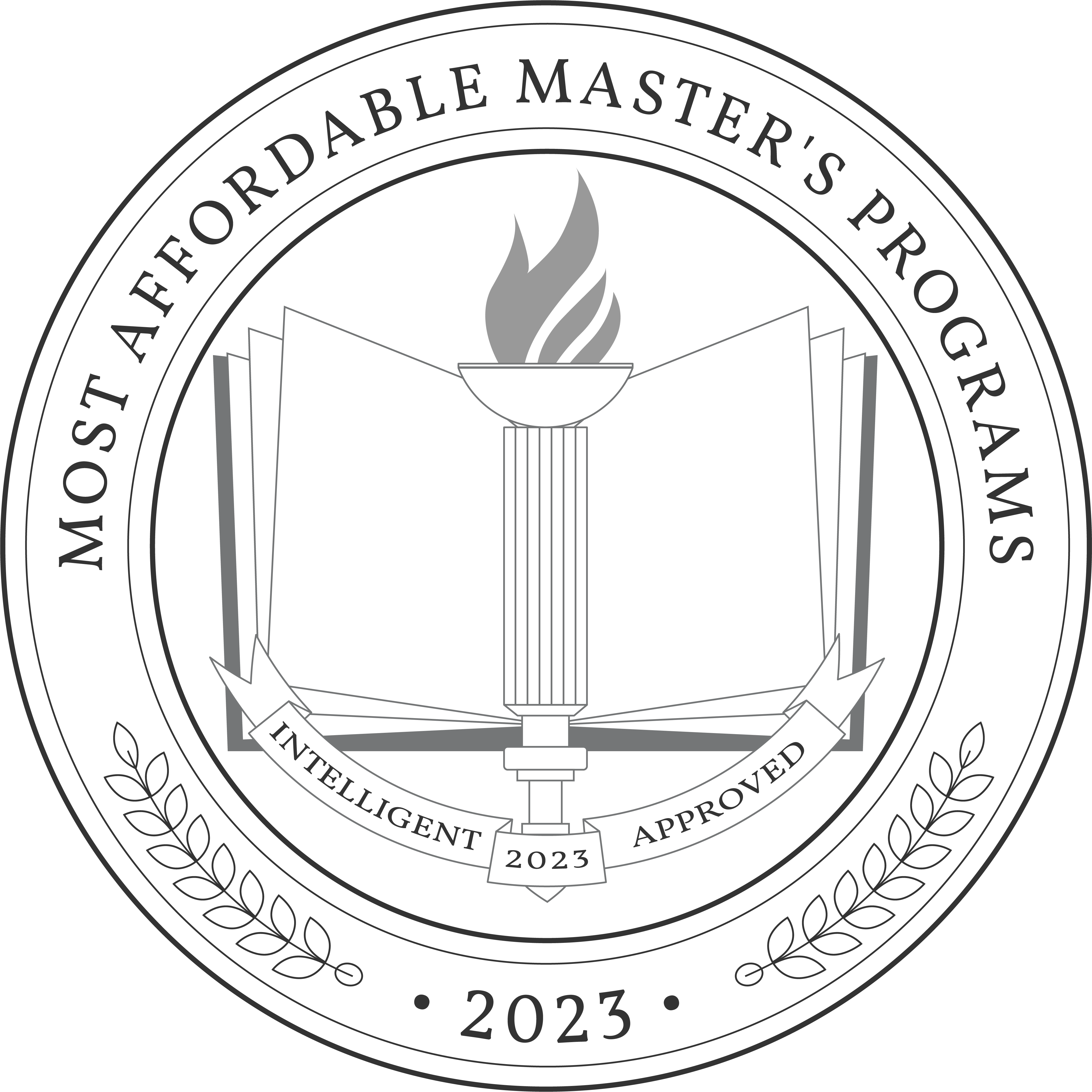-
THE U.S. HAS ALMOST 3,000 FOUR-YEAR COLLEGES
According to the Department of Education, there are 2,832 degree-granting four-year institutions for students to choose from in the U.S.
-
MORE THAN ONE-THIRD OF JOBS REQUIRE A POST-SECONDARY DEGREE
The Bureau of Labor Statistics reports that nearly 37% of occupations require some type of post-secondary education, including bachelor’s, master’s, and doctoral degrees.
-
A COLLEGE DEGREE INCREASES YOUR EARNING POTENTIAL
Full-time employees with a bachelor’s degree earn a median weekly salary of $1,416, compared to $789 for high school graduates.
Our Research
Our research for this list focused on finding the overall best colleges and universities in the U.S. This meant evaluating schools based on the factors most important to students and their families, including quality of programs, reputation, faculty, research, student life, graduation and retention and cost.
A key indicator of quality for higher education institutions is the type of accreditation a school has. All of the programs on our list are regionally accredited, which means they achieve high standards of quality in post-secondary education. These schools are typically eligible for all federal financial aid programs, and credits are more easily transferred to other institutions.
We evaluated each program on the basis of flexibility, faculty, course strength, cost, and reputation. Then we calculated the Intelligent Score for each program on a scale from 0 to 100. For a more extensive explanation, check out Our Ranking Methodology.
- 68 hours to write this article
- 2,160 universities and colleges we assessed
- 3,232 education programs we compared
The Top 50 Affordable Master’s Degree Programs

Discover More Options
What You Should Know About This Degree
When it comes to higher education in the U.S., there is a distinction between colleges and universities. Colleges are typically smaller institutions that focus primarily on undergraduate education, offering associate’s and bachelor’s degrees, and, in some cases, master’s degrees. Universities tend to be larger and offer more post-graduate degrees, including doctoral degrees, in addition to bachelor’s and master’s degrees. Some institutions are comprehensive, offering degrees in a wide variety of areas, while others are more specialized, focusing on degrees in areas like liberal arts, technology, or visual and performing arts.
Many students, particularly those who are enrolling in undergraduate programs, fixate on the idea that there is a “dream” school. While having a strong idea of what you are looking for in a college is important, in truth, there are many schools which will provide an outstanding education and college experience, as this list demonstrates.
There are many metrics by which colleges and universities are evaluated, including the depth and breadth of programs they offer, the size and quality of their faculty, the research and initiatives in which they participate, and the learning experiences they offer students, including study abroad, internships, and extracurricular activities. However, what ultimately makes a college or university “the best” depends on the particular interests and needs of the student.
What’s Next?
Here are some questions to ask when researching colleges and universities:
- What are the eligibility requirements? Many of the schools on our list are among the most selective in the U.S. Whether you are applying for an undergraduate or graduate degree, it is important to understand what these institutions are looking for in their students. Applying to multiple institutions will increase your chances of being accepted at one of the top institutions in the country.
- What types of visit opportunities do they offer to prospective students? One of the best ways to determine if a school is a good fit is to visit. Most schools offer opportunities for prospective students to get an up-close look, whether it’s a campus tour, open house, class observation, or pre-college program. As you begin researching schools, find out when and how you can visit the ones you like most to get a feel for the campus environment.
As you research programs, keep track of when application deadlines are and what application materials you must submit for each school. You can usually find this information on the school’s website or by contacting their admissions department.
Financing your education is another important consideration. Be sure to submit financial aid applications on time, and research other sources of funding including scholarships, assistantships, and tuition benefits from your employer, if you are currently employed.